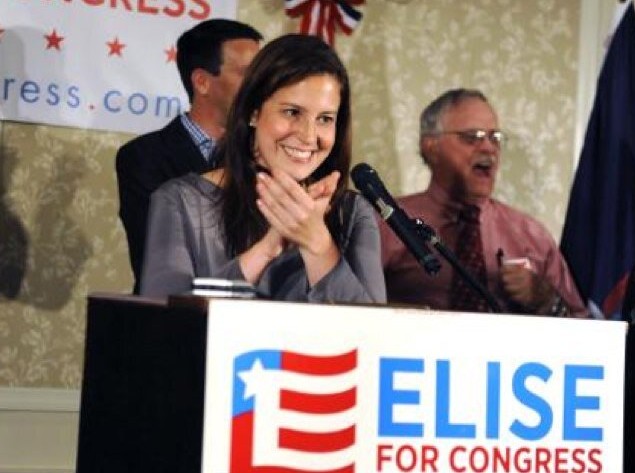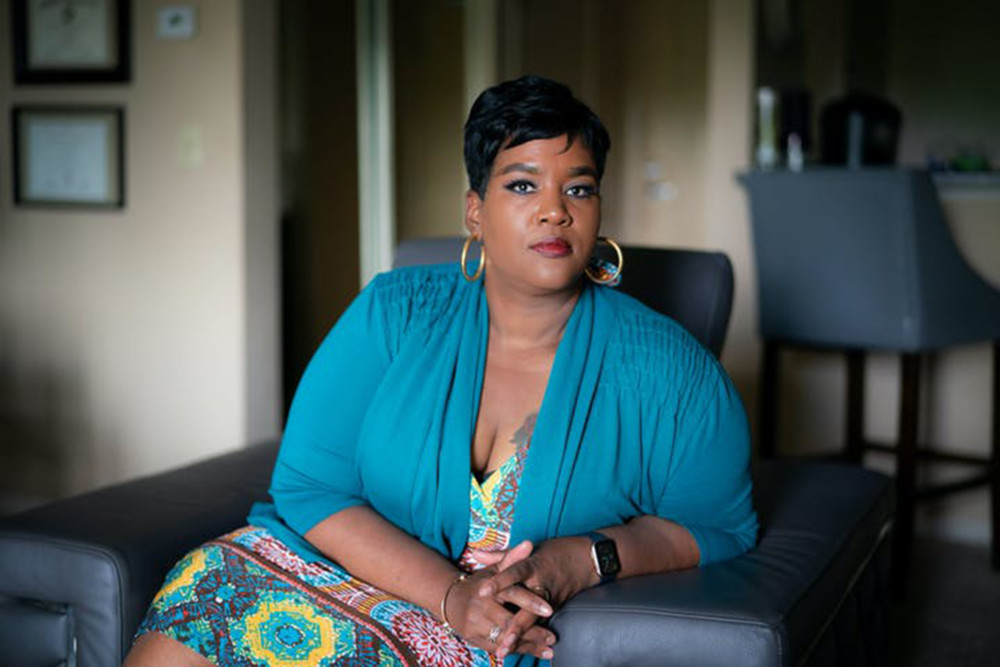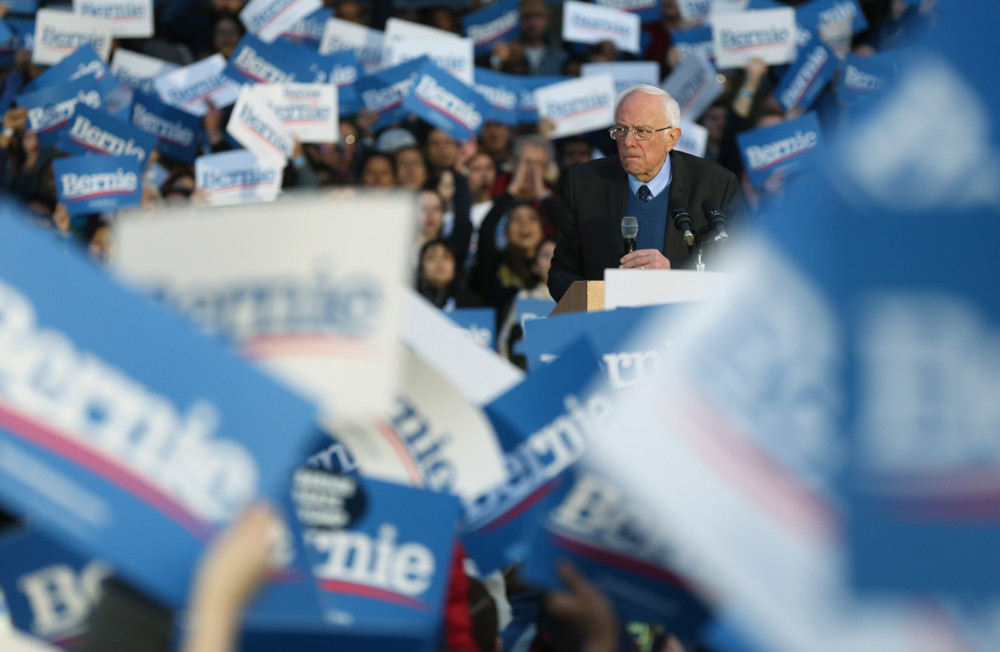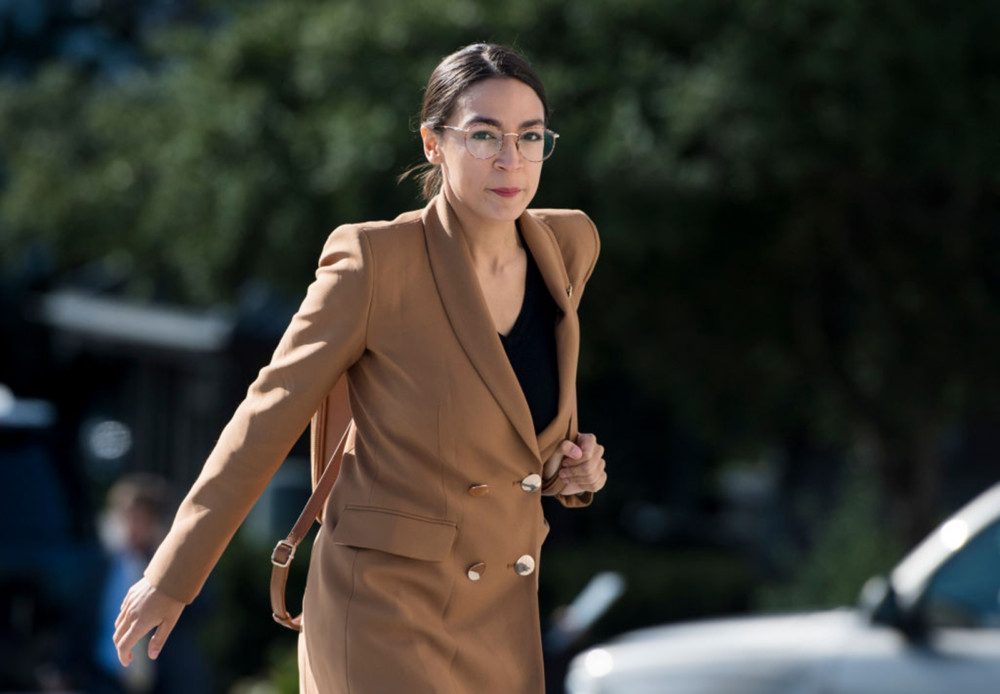By Katherine Clark Ross
Watertown Daily Times, N.Y.
WATERTOWN
The midterm election results are in and there were landmark victories for female candidates. North country voters elected the first female sheriff in New York and the youngest female congresswoman in U.S. history.
Even with more women than ever sitting in positions of political power, a recent study conducted by the Girl Scouts shows only 32 percent of young women in their teens and tweens see themselves as future political leaders.
“Here in the north country, a lot of good things are happening; it’s not just the old boys club that are running things,” said chairwoman of the Jefferson County Board of Legislators Carolyn D. Fitzpatrick. She said rather than look at the negative, everyone should look at the positive and encourage future growth.
Girl Scouts of the USA recently released findings from a new “pulse poll” showing that while the majority of today’s teen and tween girls are interested in politics — 67 percent — and most are engaged in political, civic, or leadership activities — 93 percent — only a minority of them, at 37 percent, are interested in pursuing a career in politics. The poll was conducted in September by the Girl Scout Research Institute with a national sample of more than 1,000 girls in the U.S. between the ages of 11 and 17.
According to the press release by the Girl Scouts, 83 percent of girls have already participated in civic activities such as a cause or campaign, or engaged with an organization they believe in. Of those young women, they noted they do not envision a political career for themselves, even at the student government level, because they see politics as a man’s world.
Newly elected Jefferson County Sheriff Colleen M. O’Neill said the world isn’t perfect yet. She said throughout her career she hasn’t faced adversity because of her gender, but she said that wasn’t the case 100 percent of the time.
“I got the impression I had to work harder for equal amount of respect,” Ms. O’Neill said. Ms. O’Neill said that she hadn’t even realized when she began campaigning that if she won she would be the first female sheriff.
“No decision I’ve made in my career has been about gender. I’ve never seen being a woman as a benefit or an obstacle,” Ms. O’Neill said. She said her reason for running for sheriff was to better serve the public, not to be a novelty candidate. Ms. O’Neill’s opponent in the race, John R. Bocciolatt, complained about Times coverage of the race Tuesday night, which he said was biased toward Ms. O’Neill because she was a “novelty.”
Ms. O’Neill said young women shouldn’t let fear or bias deter them from working hard and striving to achieve positions of authority.
“It concerns and saddens me that any young lady wouldn’t follow through with her dreams,” Ms. O’Neill said. She said everyone should be more concerned with their personal dreams and aspirations than another person’s negative opinions or bias.
Sen. Patricia A. Ritchie, R-Heuvelton, said running for office can be intimidating for someone who hasn’t run for office before and doesn’t have seasoned colleagues to turn to.
“When you run for office for the first time you really don’t know how to get your foot in the door,” Mrs. Ritchie said. “Politics is kind of a scary business unless you have someone in your family or someone close to you that has already gone into it.”
Mrs. Ritchie said when she ran for public office for the first time, she knew the job and had colleagues encouraging her to run for the position. She said having peers that have already gone through the campaigning and election process can be one way to encourage someone that running for public office is an attainable goal.
She said that, in the near future, she hopes to launch a young women’s group where women in politics can talk one-on-one with young women in her district to see if running for office would be a good choice for them.
Newly elected Congresswoman Elise M. Stefanik said she learned a lot about the unique challenges women face while campaigning for public office, but said she hadn’t experienced bias because of her gender.
Ms. Stefanik said she never thought she would run for office, but felt her reason for running was similar to many women who campaign.
“I think the best way to encourage young women to get involved is to make sure there are examples, regardless of their political party,” Ms. Stefanik said. “The reason many women want to run is to encourage change on issues they’re passionate about.”
Anna Maria Chavez, CEO of Girl Scouts of the USA, said in the press release that young women today want to make a difference in the world.
“They are just looking for the best path to do it. We know girls want to be leaders and to make a positive impact on the world, which makes them excellent candidates for future politicians making decisions to benefit society,” Ms. Chavez said. “If girls aren’t seeing a political career as an option, then it’s time to look at the messages we are sending them — and to change those messages.”
Mrs. Fitzpatrick said that women have always played a key role in politics, but not many women are cited in history books as they should be. She said more women now are striving to serve in higher positions and the roles of women in politics are changing.
“I think with so many women in the north country taking on higher positions our young ladies are going to see that as an example,” Mrs. Fitzpatrick said.
Mrs. Ritchie said she isn’t surprised by the trailblazing victories of female candidates in the recent election, but there is still room for more women in political careers.
“We see a lot of women in civic positions, but not a lot of coming into politics,” Mrs. Ritchie said. “We need to hear their voices in the local, state and federal government; young men and young women need to be contributing their voices.”
Senior Researcher Kamia Modia, Ph.D., of the Girl Scout Research Institute, said the study results show real promise when it comes to girls’ political aspirations and that it’s a good start, but there is still work to be done to create a welcoming environment for young women to join the political conversation.
“We need to give girls more support and opportunities to experience and get excited about politics,” Ms. Modia said. “As the adults in their lives, we need to establish a culture that lifts up women in politics rather than pushes them down, so that girls — and all of us — can know a world where men and women are seen as equal decision-makers and ambassadors for change.”

















































































































































































































































































































































































